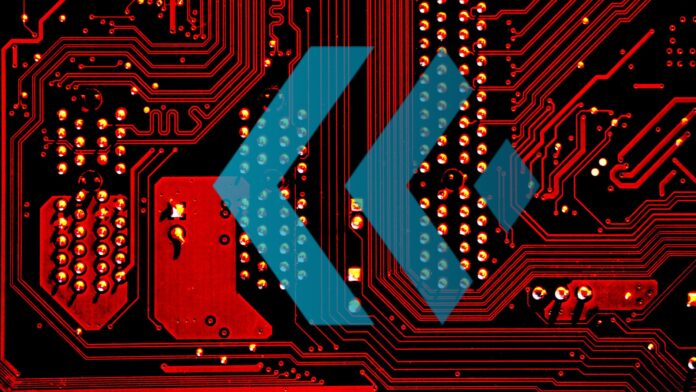In sum – what to know:
New investment – eSIM specialist Kigen has secured new funds from Japan’s SBI Group, plus more funds from Arm and Softbank, to scale its eSIM/iSIM solutions for industrial IoT.
New standards – the firm is pushing the GSMA’s new SGP.32 standard and launching iFPP trials for remote eSIM provisioning even in private low-power or offline factory settings.
New sectors – the new money is all about industrial IoT, and the industry’s bid to make cellular the easy IoT-choice for sundry manufacturing, logistics, and energy sectors.
SIM security specialist Kigen has taken new investment from Japan-based financial services and investment outfit SBI Group as part of a funding round that has also seen contributions from existing backers Arm and Softbank. The UK firm, a key player in the industry’s development of new embedded SIM (eSIM) technology and a pioneer brand in novel integrated SIM (iSIM) technology, said the money will be used to drive its growth in the industrial IoT market.
The size of the funding round (Vision Fund 2) has not been revealed. SBI Group is billed by Kigen as “one of the most active technology investors in fintech and digital transformation” in Japan, with over $60 billion ‘assets under management’. Its involvement will help to expand Kigen’s presence in the region, notably with IoT developers and manufacturers. Ahead of MWC Shanghai, Kigen has launched in-factory profile provisioning (iFPP) trials in Asia.
The firm claims its eSIM software is used by 70-odd customers – and “trusted by all IoT module vendors”. The whole eSIM project is about to be boosted by global implementation of the GSMA’s new SGP.32 standard to streamline remote airtime provisioning in IoT devices. Kigen said it wants to bring this combination – eSIM technology, standardised provisioning – to certain focus industries / sectors.
Variously these include “critical infrastructure, manufacturing, and smart electronics”, and also “energy, logistics, and connected devices”. So basically, all of the industrial IoT will be impacted – the message goes. Its new factory trials in Asia address the challenge of secure “two-minute” eSIM provisioning in factories, where devices are made – even if a private production line is low-power or offline. The iFPP mechanism is part of the new SGP.32 standard.
Kigen notes in a new blog post that most factories are not naturally set up for eSIM provisioning. They don’t easily support or properly schedule eSIM provisioning, and global product SKUs invariably complicate the process, and make it into a “headache”. Kigen writes: “Devices are expected to be born connected – secure, always-on, globally scalable… [But] integrating cellular into products and manufacturing processes is more complex than it should be.”
It goes on: “Factories often face barriers to profile loading and provisioning. Managing global SKUs can be a logistical headache… [Often] production environments aren’t ready to handle modern eSIM factory provisioning… Simplifying cellular adoption is key to unlocking new value in connected products… Advancements in eSIM standards and iFPP are making this not just possible, but practical. Now is the time for OEMs to seize the opportunity.”
This is the gist of its talk about (investment for) popularising eSIM for IoT. Its SIM software platform supports remote provisioning and management. It claims a “vision for a secure, simplified digital future and [a] role in helping shape global eSIM standards”. The new money will go on development, partnerships, and customers, it said, plus “security and intelligence at the edge” – as demanded by new use cases in “AI, robotics, and connected infrastructure”.
It commented: “Industries are under pressure to reduce complexity, scale globally, and increase security, all while enabling AI at the edge and transforming operations. [We simplify] how connected devices are deployed across regions, with single-SKU models that support global connectivity out of the box. [Our] solutions are designed with security-first principles, helping customers meet strict regulatory requirements and the rise of physical AI.”
Vincent Korstanje, chief executive at Kigen, commented: “We are thrilled to welcome SBI Group as a strategic investor. Its support reinforces our belief that secure, scalable connectivity is no longer optional – it’s foundational to the next era of innovation. As AI increasingly interacts with the physical world, security and trust become essential. Kigen is helping drive this shift at a critical time for industries like energy, logistics, and smart manufacturing.”
Yoshitaka Kitao, president and chief executive at SBI Holdings, said: “Kigen’s technology and leadership in eSIM represent a critical enabler for the future of connected devices. As industries evolve toward more intelligent and autonomous systems, secure identity and global connectivity will become even more essential. We are proud to support Kigen’s journey.”


